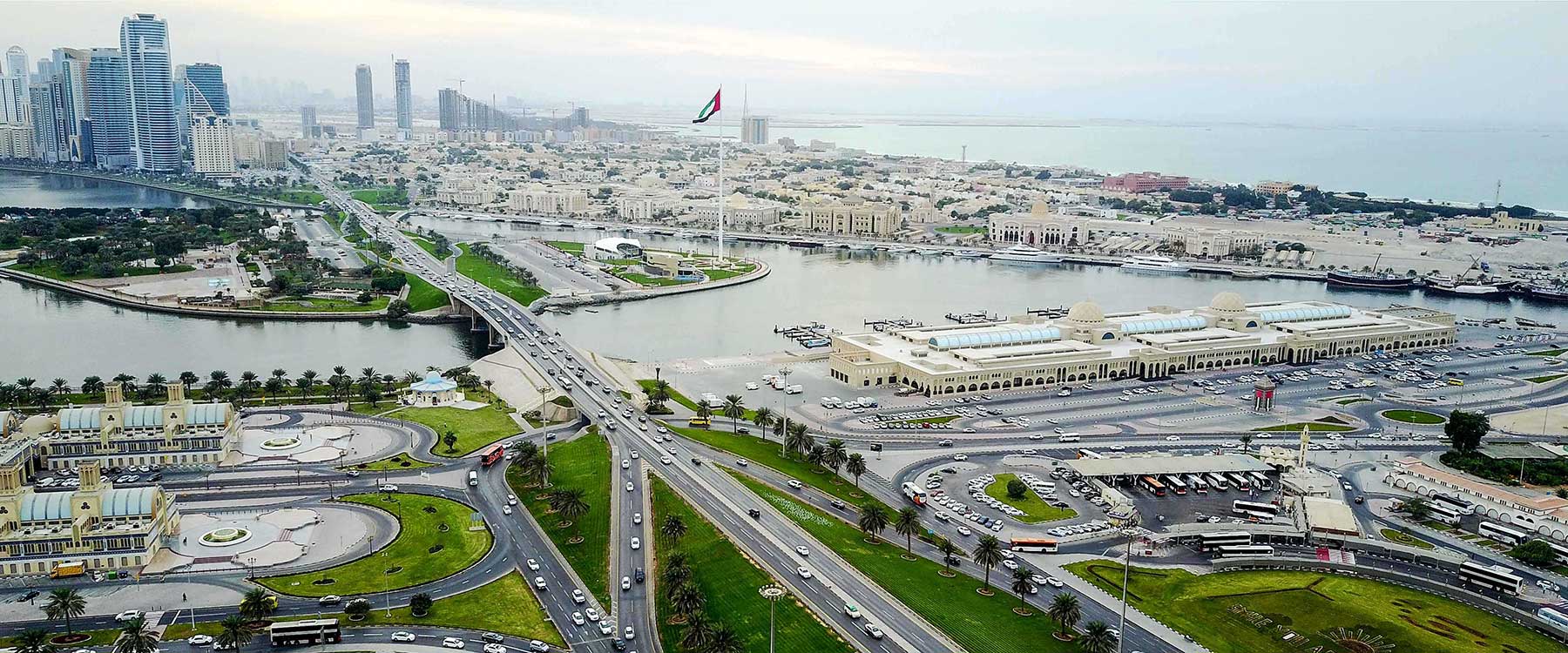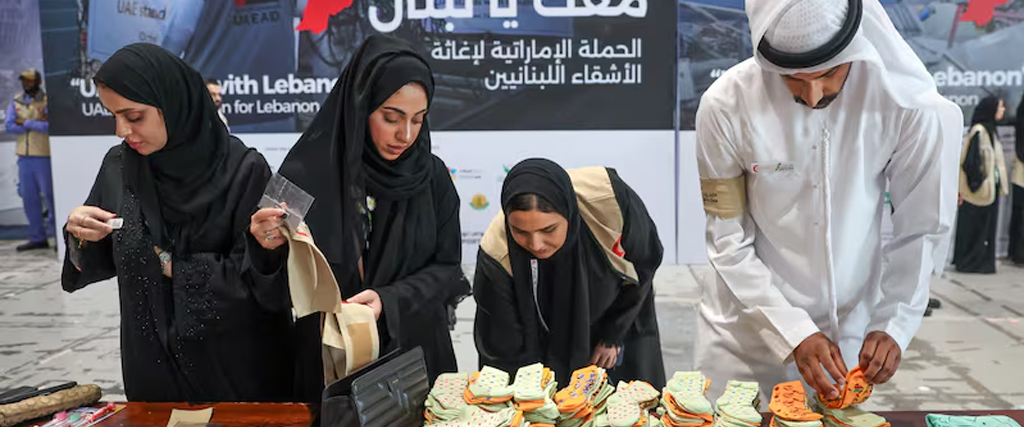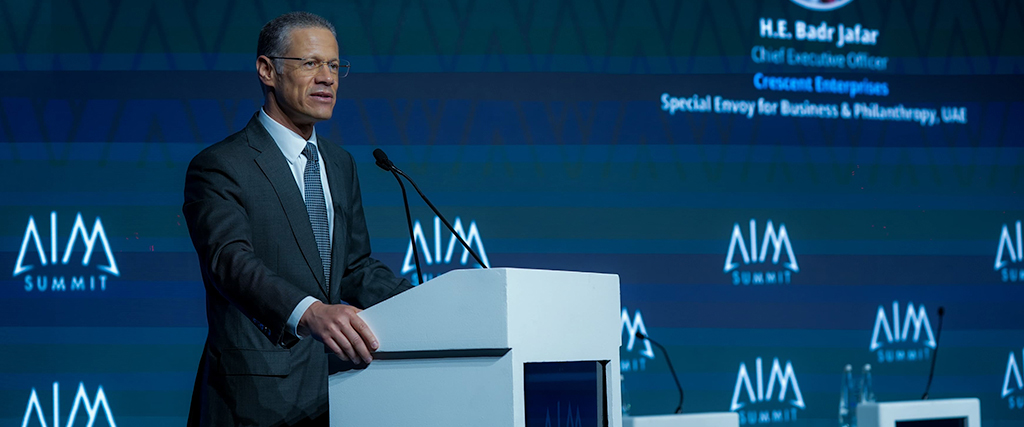How innovation and entrepreneurship can reshape economies
In an interview for Oxford Business Group’s Economic View, and in conjunction with the release of their 2018 economic review and investment analysis report on Sharjah, I had the pleasure to talk about the role of innovation and how nurturing entrepreneurship in the economy. Please find the interview here:
What role can innovation and entrepreneurship play in both Sharjah and the region?
JAFAR: Sharjah’s emerging role as a hub for start-ups is crucial for both the emirate and the region, as innovation and entrepreneurship are key to unlocking the potential for future economic growth. Having said that, businesses need to move away from innovation simply for the sake of innovation and towards purpose-led disruption that offers solutions for the challenges facing the region today.
We are already starting to see this shift as unconventional business concepts are transforming legacy industries and contributing to economic growth. Furthermore, regional governments are becoming increasingly aware of the role of the private sector in job creation. In fact, the greatest opportunities for generating employment can be found within smaller companies, which have become major contributors to the economic growth of both developed and developing countries.
Start-ups and small and medium-sized enterprises (SMEs) have the potential to address youth unemployment in our region – where around 70% of the population is under the age of 30 – but it is important to note that a number of stakeholders must be involved throughout the development of such businesses. In Sharjah we have the advantage of a strong business sector, a robust regulatory framework and a growing talent pool from our world-class education hub, giving rise to a new generation of innovators.
How can both the public and private sector foster an investment climate and business ecosystem suitable for the needs of smaller companies and start-ups?
JAFAR: Although every region has different requirements and unique dynamics, three principal stakeholders – academia, government and business – must come together to facilitate entrepreneurial transformations and cultivate an enabling environment.
Currently, most cutting-edge innovation takes place in education hubs, which, by creating communities of researchers, students and businesses, attracts the attention and investments of larger corporations. Given the emirate’s very strong educational infrastructure, Sharjah is well placed to nurture this kind of business environment.
At the same time, legislative frameworks must always continue to be enhanced, and governments are working to accelerate entrepreneurship by offering competitive incentives. One example of such efforts is the announcement from the UAE that around 10% of all federal procurement must come from small businesses. General procurement – from both government and business – offers an attractive advantage for start-ups and SMEs. That is why Crescent Enterprises has committed to increasing SME participation in our global supply chain to 35% by the end of 2018, with this to grow further in the future.
Businesses can also foster this environment by adopting a corporate venture capital model, which allows them to diversify their portfolio and integrate cutting-edge technologies. For start-ups, this model also presents a more resilient and stable source of capital, to which larger corporates can act as strategic financial investors and provide access to their markets. Companies are starting to invest both locally and internationally in entities that can add value to their broader operations. To this end, approximately 10% of our initial financing is focused on seed operations, to ensure a healthy mix of early- and later-stage investments.
What challenges will regional economies need to address to help this transformation?
JAFAR: As emerging start-up destinations begin to compete with other entrepreneurial centres worldwide, both policymakers and entrepreneurs alike need to think about the global competitive landscape. Proactive steps must be taken to further strengthen regulatory frameworks across the region and reassess policies through the lens of an entrepreneur or SME.
Specifically, the UAE and other countries in the region have to continue to ensure they are globally competitive, both economically and in terms of the ease of doing business. This involves addressing the initial establishment and running costs for smaller businesses, which can sometimes be a major hurdle. While access to capital and start-up funding has increased substantially since 2013, it continues to fall short, especially as businesses look to scale beyond the seed stage.
Regional governments also have an opportunity to focus on developing their infrastructure networks. In the 1960s Sharjah helped pioneer the land-sea-air logistics offering by pioneering investments in airport and port infrastructure. Although Sharjah continues to retain strong connectivity through these exchange hubs, the entire sector is being profoundly disrupted by technological transformations. These disruptions, however, also present opportunities. For example, an estimated 40% of all containers shipped globally are empty due to the lack of real-time tracking and inefficient use of data to map demand against supply. Addressing this challenge could not only save costs for international firms, but also lower shipping expenses with a direct positive impact on the price of goods globally, as well as of course on the environment.
—
As published in July 2018 on oxfordbusinessgroup.com

 Tweets by @BadrJafar
Tweets by @BadrJafar




